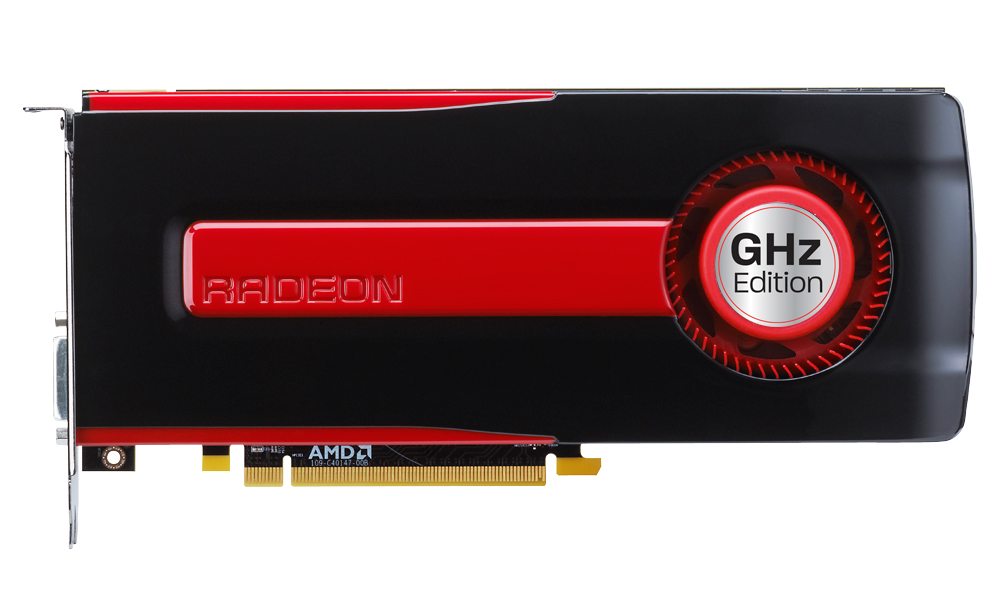AMD HD 7970 GHz edition on the way
Ryan Martin / 13 years ago

AMD’s HD 7970 didn’t hold the fastest single-GPU crown for very long before Nvidia’s GTX 680 came in and claimed it, the GTX 680 beats the HD 7970 across the board in most games and benchmarks by varying margins of 5-30% but on average the difference is about 10%.
AMD knows its HD 7970 card could be placed better in the market given the fact the average HD 7970 will “easily” overclock to around 1250MHz and beyond while most GTX 680’s get stuck at 1150-MHz. As a result it does pose the question, why did AMD only ship the HD 7970 with a 925MHz clock speed in comparison to Nvidia’s GTX 680 at 1006MHz when the HD 7970 has been consistently demonstrated to hit greater stable clock speeds. It seems AMD will attempt to correct this failure by providing a HD 7970 GHz edition which should raise the performance bar of the stock HD 7970 versus the stock GTX 680.
AMD has been refining the HD 7970 yields and as a result is able to produce a large quantity of faster and better performing chips. Hence, the HD 7970 GHz edition will ship with a stock core clock speed of 1050MHz which is a 14% “overclock” compared to the current HD 7970. AMD won’t be altering anything on the memory side, the 384 bit interface at 5.5GHz gives it a significant advantage over Nvidia’s 256bit interface at 6GHz.
What will this mean for the consumers then? Well you should expect to see “stock” HD 7970 GHz editions that will compete much better with the stock GTX 680 at a similar price point. For those interested in overclocking the HD 7970 already looks like a better proposition as unlike the GTX 680 it doesn’t have such strict voltage capping. AMD’s latest driver releases have also gone a long way to close the gap between the HD 7970 and GTX 680 so many reviews across the internet are already starting to look slightly updated based on current driver configurations.
However, as far as the AMD vs Nvidia GPU wars go, Nvidia will still have the fastest single GPU and probably still the most power efficient GPU but at least for AMD fans the gap at stock won’t be anywhere near as big, and when overclocking comes into the equation both GPUs reach almost parity, meaning the only determining factor is price (which AMD wins on) or power consumption (which Nvidia wins on) so it really is down to buyers preference.
Source: Engadget



















